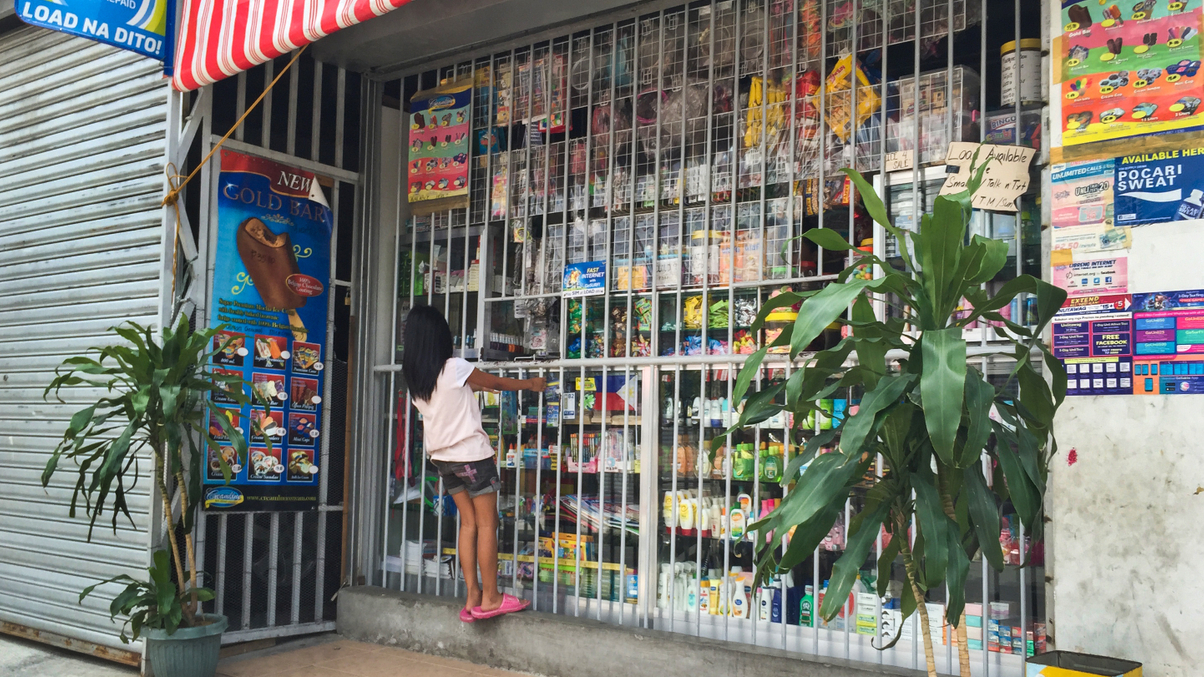Start-up success: The Philippines emerges
The Philippines used to be the target of jokes about valuation discounts, but now the market is having the last laugh as investors fight for a piece of its potential.

A version of this article was first published on FinanceAsia.
Sign in to read on!
Registered users get 2 free articles in 30 days.
Subscribers have full unlimited access to AsianInvestor
Not signed up? New users get 2 free articles per month, plus a 7-day unlimited free trial.
¬ Haymarket Media Limited. All rights reserved.


